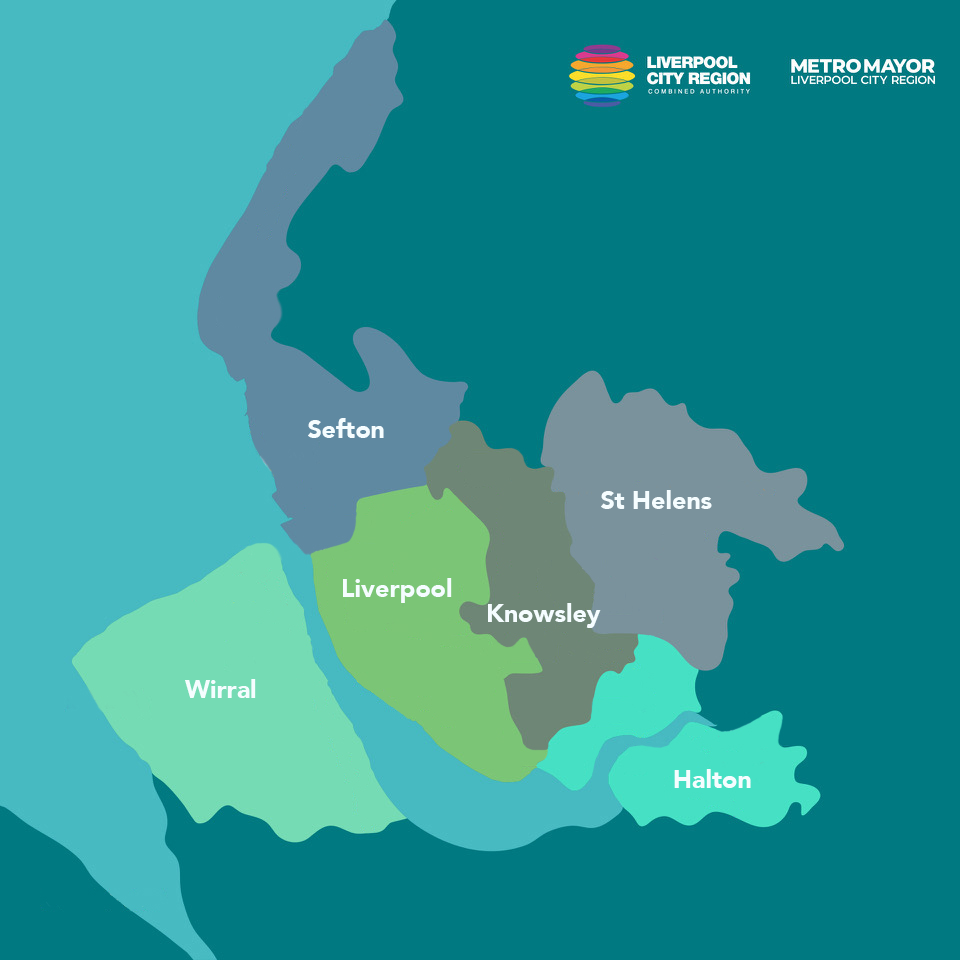Ben makes the right move to grab a piece of £9m funding to tackle regional disparities across the UK

(Image Credit: https://extranet.who.int/agefriendlyworld/network/liverpool-city-region-combined-authority//em>)
The funding will go to 17 projects aimed at ensuring everyone in the UK has a path to economic success and personal wellbeing, regardless of where they live. Projects include evaluations of state-funded free schools that operate outside of local authority control, and the Opportunity Areas programme, which is designed to support social mobility in areas facing entrenched deprivation.
The impact of on-demand bus services for underserved communities will also be assessed, as will the effectiveness of the Sure Start scheme, which aimed to enhance the lives of young children growing up in disadvantaged neighbourhoods. Funding for these projects comes from the UKRI Creating Opportunities and Improving Outcomes Strategic Theme.
ARC NWC Improving Population Health Theme Lead, Professor Ben Barr, will lead an element of the award, titled: CHESS: Civic Health Equity: from Silos to Systems.
CHESS will evaluate the health impact of a large programme of Household Socio-economic Support (HSS) across Liverpool City Region (LCR) – including 6 local authority districts with a 1.6 million population and high levels of disadvantage. These services unite income, education, employment and health support for households with complex needs, addressing UKRI’s themes of place-based health inequalities and sustainable economic growth. This research will feed actionable insights into a learning system – refining HSS iteratively to maximise health, social, and economic improvement.
Ben said: “The UK has larger economic differences between regions than other countries in Europe leading to large differences in health, with poorer areas like Liverpool City Region having poorer health. CHESS will work with organizations across the region that provide services aiming to reduce poverty and increase employment investigating their costs and health benefits, learning how to adapt and combine them to maximise impact; redesigning services to benefit disadvantaged communities, in the region and beyond.”